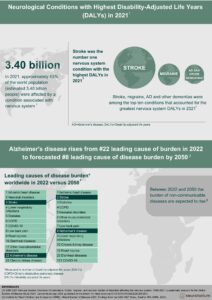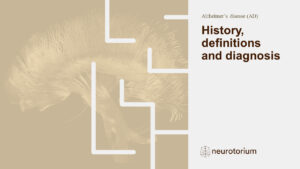The diagnosis of Alzheimer’s disease requires careful analysis of the signs and symptoms of the individual with cognitive decline.1 The available clinical scales can measure general cognitive abilities, comparing scores against those of an average person in the same age group and demographics as the individual with subjective cognitive decline.1 With this, healthcare professionals can confirm the presence of cognitive and functional decline.1





